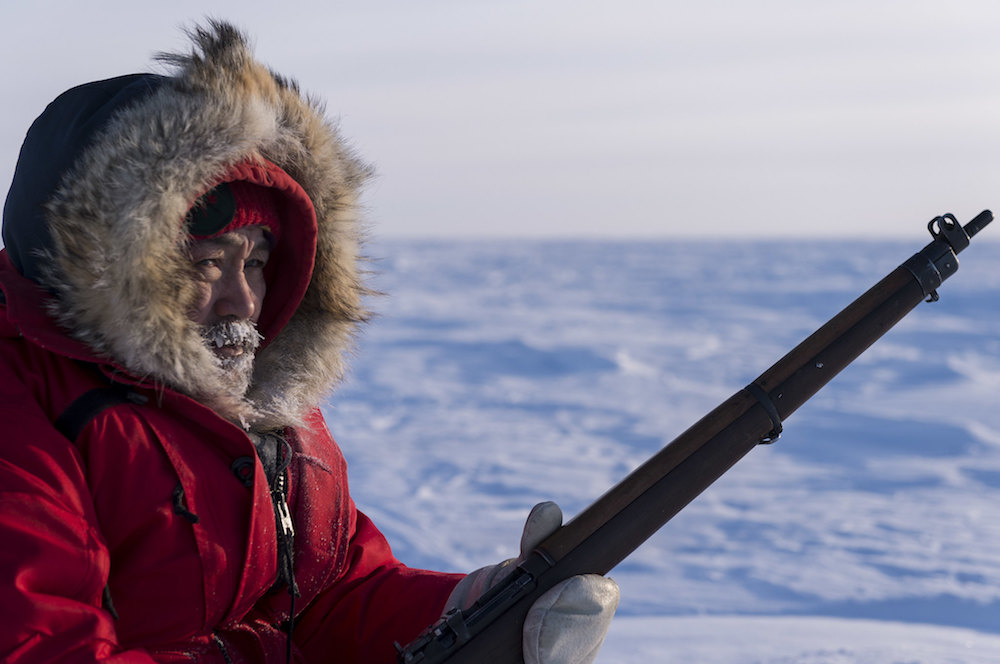The Danish military plans a Greenlandic militia to help close its Arctic capacity gap
The creation of a force of volunteer “subject matter experts” draws some of its inspiration from Canada's Rangers.

The Danish military has taken the first step toward establishing a reserve military force in Greenland that will assist regular units during non-combat operations in the Arctic.
The opening on August 5 of a Nuuk branch of a Danish Ministry of Defense office that serves as a liaison between businesses and reserve forces comes as part of a 2016 proposal to set up an irregular Greenlandic force that is modelled on the Canadian Rangers, a militia unit that assists that country’s regular forces in its sparsely populated Northern reaches.
Trine Bramsen, the Danish defense minister, on hand during the official opening of the office, said the establishment of a Greenland force comes at a time when the military is looking at ways to expand its capacity in the Arctic.
“We face more threats and they are more complex, and that places huge demands on the military,” she said.
[How a U.S. pivot to the north changes the European Arctic]
Denmark’s Arctic Command, which is responsible for operations in Greenland and the Faroe Islands, has a staff of less than 100. And, this, it recognizes, leaves considerable gaps in its ability to respond to situations in the region.
The military has increased spending on its military Arctic operations in the region, including an additional 1.5 billion kroner ($240 million) in 2023 — amounting to a third of that year’s budget increase and about 6 percent of all spending. Even so, large capacity gaps will persist.
Technology is one way the military hopes to be able to improve things like surveillance, but a volunteer force, it reckons, is as a cost-effective way to address its most dire shortcomings on the ground.
Once established, the 120-unit Greenlandic force will be funded by the Danish home guard. Recruitment is expected to begin in 2021, according to the Danish Arctic Command.
[Denmark’s new military spending plan doesn’t boost forces in the Arctic]
The force will be responsible for assisting in emergency situations, as well as search-and-rescue operations and security details and other tasks that require a knowledge of local conditions.
The Danish military currently has a reserve of former military personnel and it draws to a small extent on civilian materiel for search-and-rescue operations. Members of the new force, however, are expected to be civilians with no military background, and will not receive military training. Instead, they will be expected to assist the military as Arctic “subject matter experts,” a page also taken from the Rangers.
No requirements for admission to the force have been established, but the 2016 proposal recommended placing responsibility for decisions about necessary skills in the hands of Greenlanders, who, the military said, had the best understanding of the requirements needed for assisting the operations it would need help with.